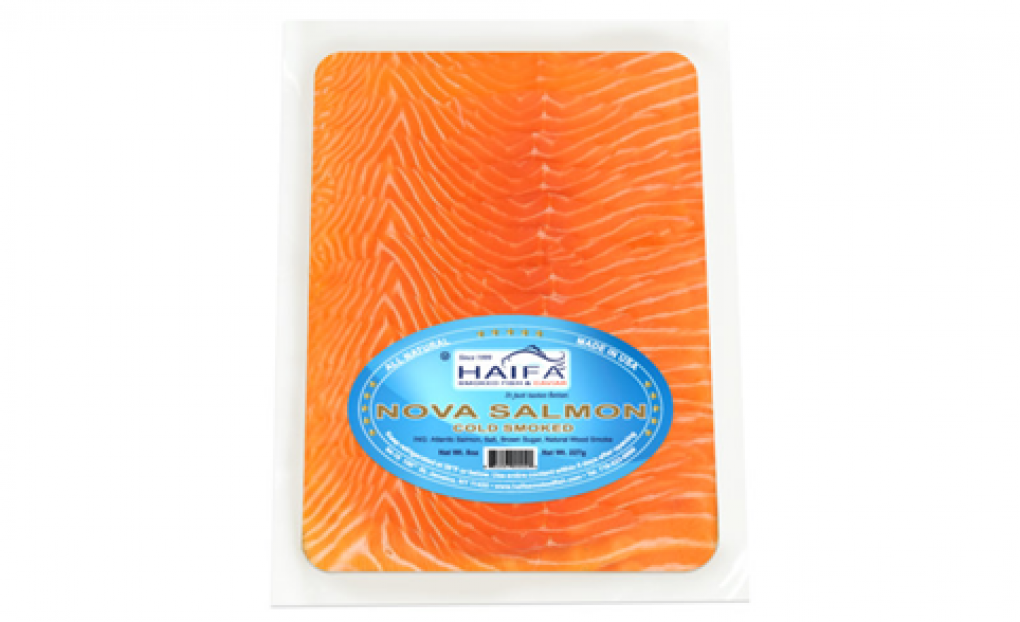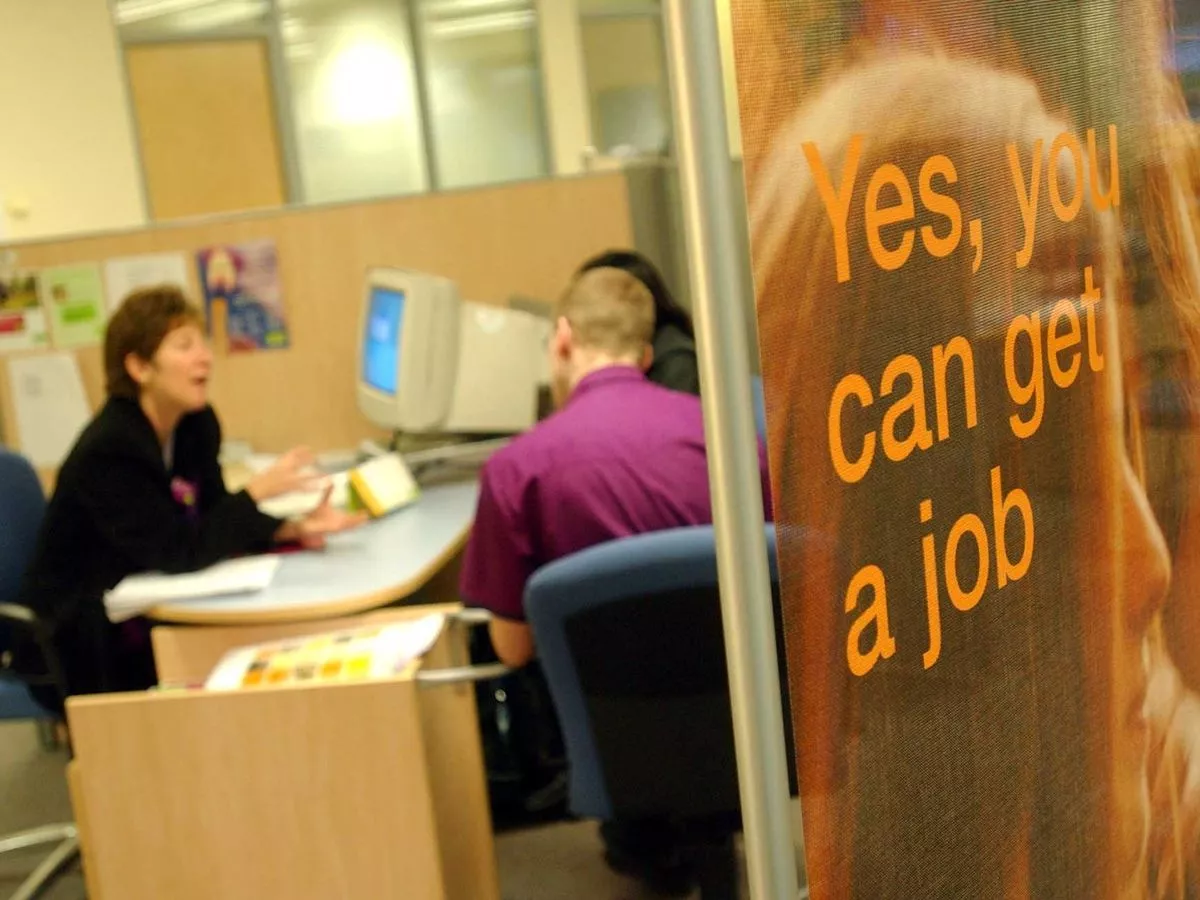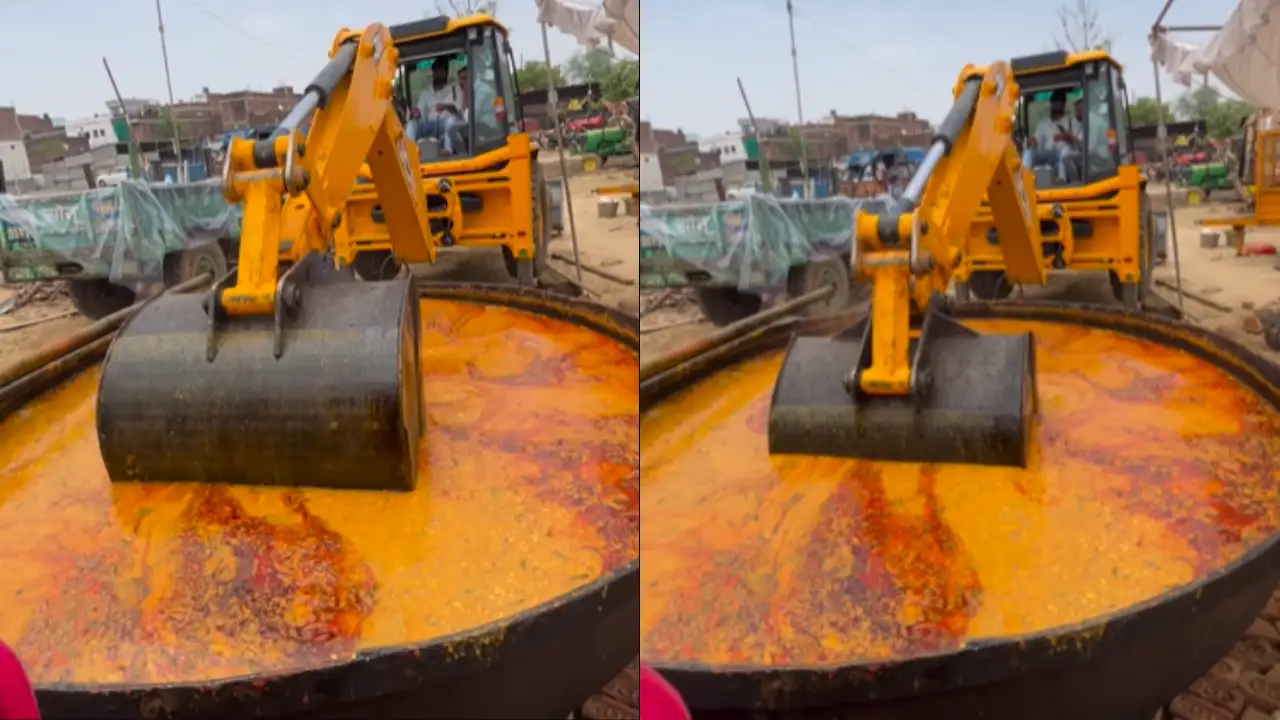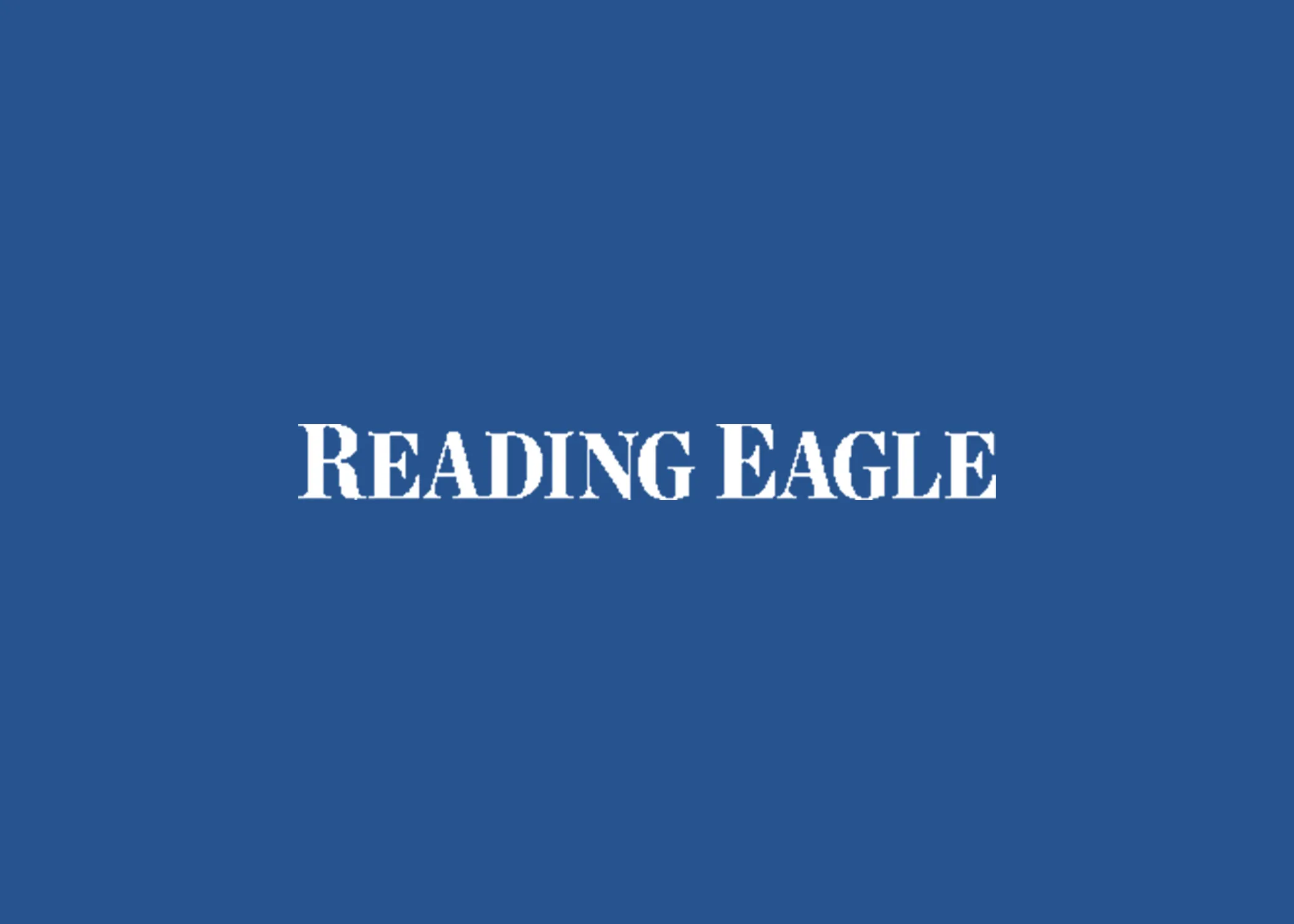By 0 Comments
Copyright news
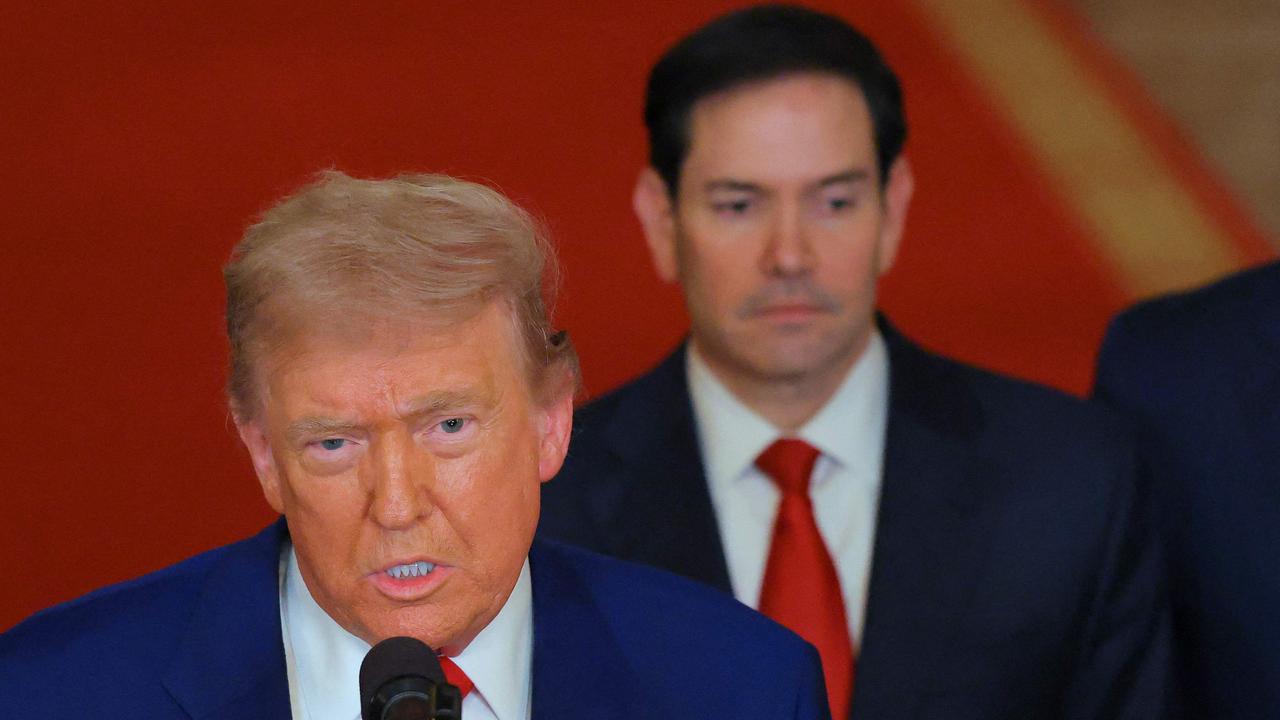
After a relatively calm period on tariffs, Donald Trump took to social media on Friday to announce widespread tariffs.
These included 100 per cent on pharmaceutical products, 25 per cent on heavy trucks, 50 per cent on kitchen cabinets & bathroom vanities and 30 per cent on upholstered furniture.
Much of the focus locally has been on Australia’s pharmaceutical industry, which exports about $2.2bn of pharmaceutical goods to the US each year – more than 40 per cent of our total pharmaceutical exports of $4.9bn.
Shares in the healthcare sector dragged 1.42 per cent in just a single day’s trading in response to the snap announcement.
Blood plasma therapy and vaccine maker CSL shares dropped 1.90 per cent to $194.23, which was just short of $2bn in market cap.
Medical imaging group Pro Medicus shed 2.38 per cent to $301.77, and hearing implant business Cochlear gave up 1.84 per cent to $280.
In a statement, CSL said they were aware of the US President’s announcement on tariffs but were not expecting any material impact.
“We are already expanding our US capabilities to meet the growing demand for our therapies and we have announced further expansion of significant, new capital investments during the next five years,” a spokesman said.
Despite the huge figures, AMP chief economist Shane Oliver predicts even in a worst-case scenario, it would only have a 0.01 per cent impact on Australia’s gross domestic product.
“Last year Australia exported $2.1bn of pharmaceuticals to the US, with only 6 per cent of this (being) medicines,” he wrote in an economic note.
“The bulk of it was blood products from CSL and it’s unclear how much of that would be branded or patented and CSL.”
Dr Oliver points out CSL already manufactures in the US, which was Mr Trump’s major gripe with the pharmacecutical industry.
The snap new levy is due to start on October 1, with Mr Trump revealing via his social media platform Truth Social that it will be on all companies not building their pharmaceutical manufacturing plant in America.
He clarified “building” was being defined as “breaking ground and/or under construction.”
“There will, therefore, be no tariff on these pharmaceutical products if construction has started,” Mr Trump said in the announcement.
Dr Oliver said broadly even if pharmaceutical companies were hit with the imposed tariff, they would likely be able to find new customers to buy their products.
“Even if all of our pharmaceutical exports are impacted the effect on the economy would be minor as last year they were less than 0.1 per cent of GDP and much would be diverted to other markets.”
Previously, the White House threatened punishing pharma tariffs of up to 250 per cent, however Mr Trump suggested at the time countries would be given about a year’s notice to negotiate.
Health Minister Mark Butler says Australia’s Pharmaceutical Benefits Scheme will be protected at all costs, and will not be part of any negotiations with the US.
“I make this point – none of these latest announcements for the US administration make a jot of difference to our determination to protect the PBS,” he told reporters in Adelaide.
“The PBS has served Australians so incredibly well in terms of providing them with affordable access to the world’s best medicines.
“We are determined to do everything to protect that PBS.”
Even with the minimal impact overall to Australian businesses, the market quickly sold off the healthcare sector during Friday’s trading.
